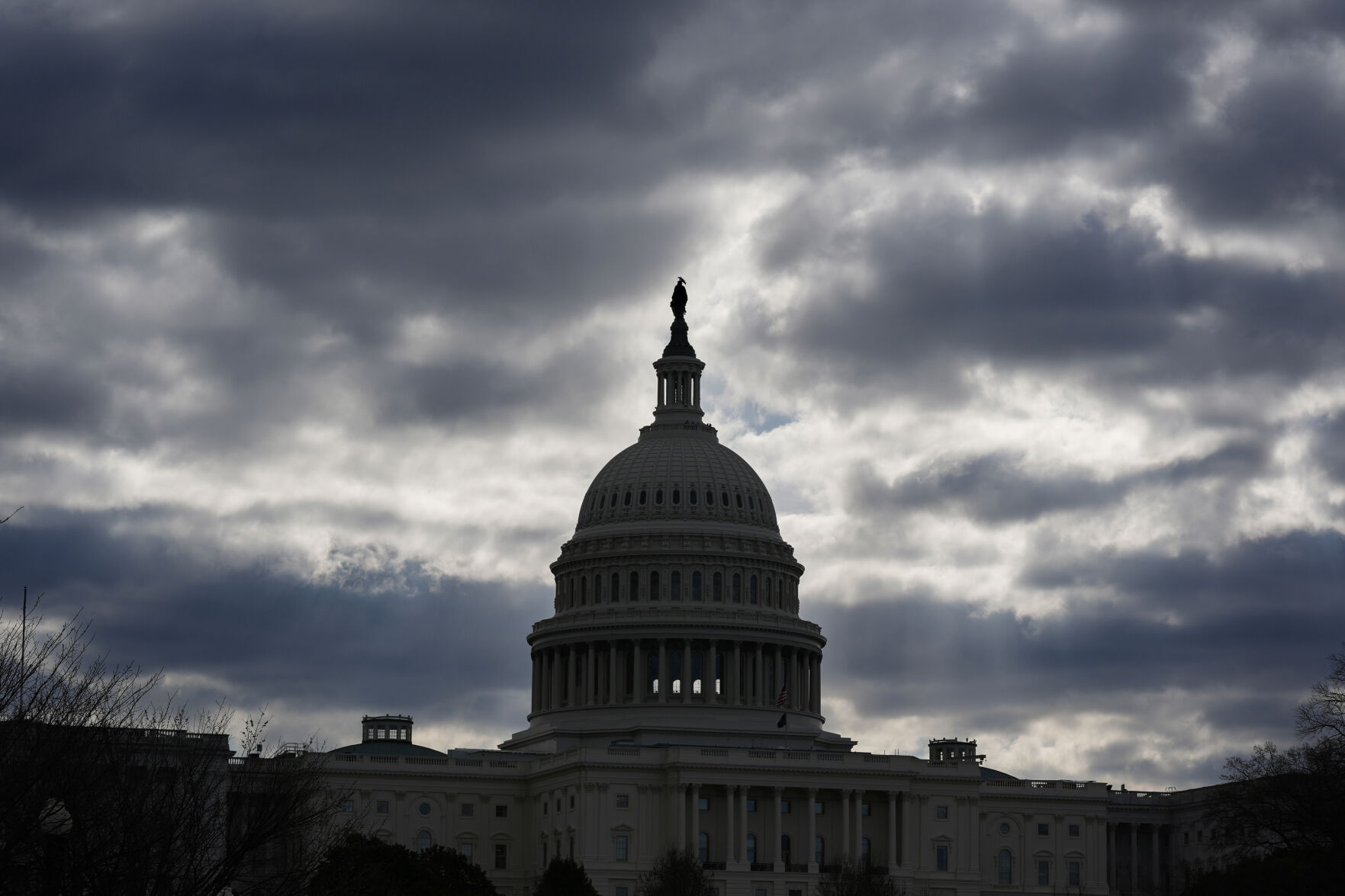In a significant setback for President-elect Donald Trump, the House of Representatives rejected his plan to fund government operations and suspend the debt ceiling, heightening the risk of a government shutdown before the midnight deadline.
The Latest: Time is running short to avert a government shutdown after funding bill is rejected

Key Takeaways:
- The House rejected President-elect Trump’s plan to fund operations and suspend the debt ceiling.
- Bipartisan opposition, including Democrats and dozens of Republicans, led to the bill’s failure.
- Speaker Mike Johnson is working to find alternative solutions before the government shutdown deadline.
- Vice President Kamala Harris canceled a trip to stay in Washington amid the crisis.
- The failed vote underscores deep divisions in Congress and the urgency to reach a bipartisan agreement.
House Rejects Trump’s Funding Plan Amid Shutdown Threat
The United States edged closer to a government shutdown Thursday as the House of Representatives rejected President-elect Donald Trump’s new plan to fund operations and suspend the debt ceiling. The proposal faced stiff opposition from both Democrats and dozens of Republican lawmakers, who refused to accommodate his sudden demands.
Bipartisan Opposition Blocks Bill
In a hastily convened evening vote marked by tension and urgent deliberations, the funding bill failed to reach the necessary two-thirds threshold, falling short at 174-235 . Nearly three dozen Republicans joined Democrats in voting down the resolution, signaling significant bipartisan resistance.
“It’s not a serious proposal,” declared Rep. Hakeem Jeffries as he headed to a closed-door caucus meeting with fellow Democrats, who were reportedly chanting, “Hell, no!” regarding the plan. The rejection highlights the deep divisions within Congress over the approach to funding the government and managing the nation’s debt.
Leadership Seeks a Path Forward
Despite the setback, House Speaker Mike Johnson expressed determination to find a solution before the impending Friday midnight deadline. “We’re going to regroup, and we will come up with another solution, so stay tuned,” Johnson said after the vote.
Republican leaders offered little clarity on the next steps but emphasized their commitment to preventing a shutdown. “We tried several things today most of our members went for, but the Democrats decided that they want to try and shut it down, but we’re going to keep working,” said Rep. Steve Scalise , the Republican majority leader.
Rep. Kat Cammack , one of the Republicans who voted against the bill, acknowledged the difficulty of the decision. “This was not an easy vote for constitutional conservatives,” she told reporters. “We’re going to work through the night and figure out a plan.”
Heightened Urgency in Washington
The looming shutdown prompted Vice President Kamala Harris to cancel a planned trip to Los Angeles. She was scheduled to travel to her home state late Thursday but opted to remain in the capital as the crisis unfolded. The White House indicated the decision was made after Republicans backed away from a bipartisan compromise to fund the government.
Political Implications
The failed vote is seen as a significant setback for President-elect Trump and his billionaire ally, Elon Musk , who had opposed the earlier bipartisan agreement aimed at averting a Christmastime government shutdown. Their support of the new plan was not enough to sway sufficient votes in the House.
Next Steps and Implications
As the midnight deadline approaches, lawmakers are under increasing pressure to reach an agreement that will keep the government operational. “We are still working diligently, and we are still making progress,” assured Rep. Lisa McClain , though she offered no further details.
The rejection of the funding bill underscores the challenges facing the incoming administration and the complexities of navigating a divided Congress. With critical government services at stake, the urgency for a bipartisan solution has never been greater.
Awaiting Resolution
The nation now watches as congressional leaders scramble to devise a plan acceptable to both sides of the aisle. The potential shutdown looms large, carrying significant implications for government operations and the economy.
“We’re going to keep working,” reiterated Rep. Scalise, reflecting the persistent efforts underway. The coming hours will be crucial in determining whether a resolution can be achieved or if the government will face a shutdown at the cusp of the holiday season.











